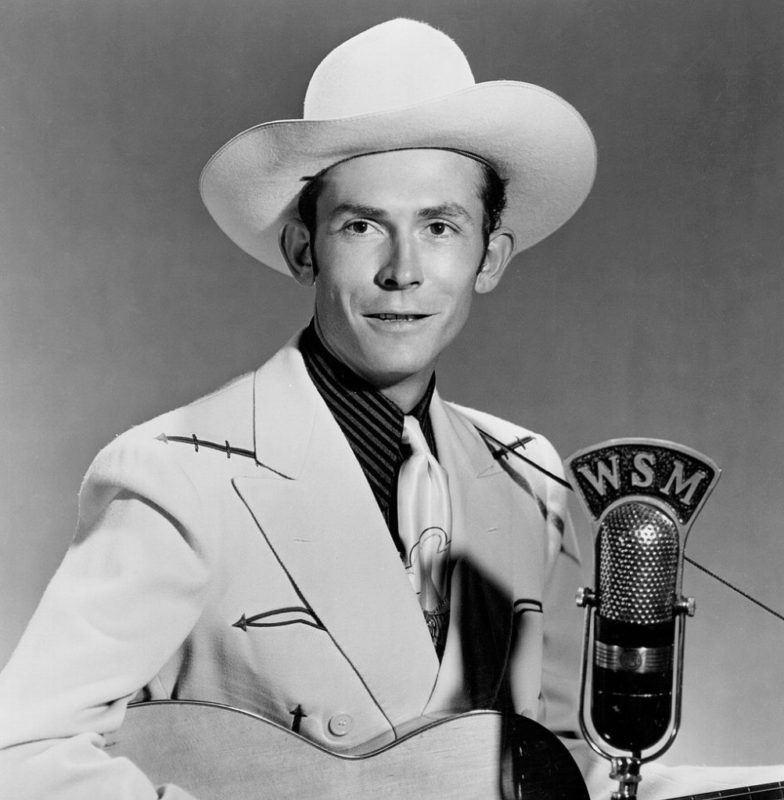
Hank Williams – Ramblin’ Man: A Country Music Anthem for the Wayfaring Soul
In the pantheon of country music legends, few names resonate with the enduring brilliance of Hank Williams. His songs, imbued with a poetic simplicity that belies their profound emotional depth, have captivated audiences for generations. Among his vast repertoire of timeless classics, “Ramblin’ Man” stands as a poignant ode to the restless spirit, a heartfelt ballad that encapsulates the yearning for freedom and the allure of the open road.
Released in 1951, “Ramblin’ Man” emerged from the creative wellspring of Williams’ prolific songwriting genius. Its melancholic melody, perfectly complemented by Williams’ lonesome vocals, paints a vivid portrait of a man forever adrift, forever seeking solace in the vast expanse of the American landscape. The lyrics, infused with a touch of Williams’ signature wit and wry humor, chronicle the rambler’s perpetual quest for contentment, a pursuit that invariably leads him back to the familiar rhythm of the rails.
As the song opens, the protagonist paints a picture of domestic tranquility, a life of settled contentment seemingly within his grasp. “I can settle down and be doin’ just fine,” he sings, “Till I hear an old freight rollin’ down the line.” The allure of the wandering life proves irresistible, and he finds himself drawn back into the familiar embrace of the train, leaving behind the promise of stability for the uncertain thrill of the unknown.
The verses that follow trace the rambler’s restless journey, his path taking him through bustling cities and sleepy towns, past towering mountains and sun-drenched plains. He encounters a kaleidoscope of humanity, each encounter offering a fleeting glimpse into the lives of others, yet providing no solace for his own inner turmoil. The rambler’s heart remains tethered to the open road, a perpetual wanderer in search of a place to call home.
The chorus, with its poignant refrain of “I was born a ramblin’ man,” serves as a stark declaration of the protagonist’s inherent nature. He is a child of the road, forever bound by an insatiable wanderlust, forever seeking the horizon. The ramblin’ man’s existence is a paradox, a constant yearning for connection amidst the solitude of his solitary journey.
“Ramblin’ Man” concludes with a sense of resignation, the rambler accepting his nomadic fate. “I’ll keep on rollin’ ’til the day I die,” he sings, his voice laced with both acceptance and a hint of melancholy. The final lines, “I’m a ramblin’ man, that’s all I can be,” serve as a poignant epitaph for a life lived on the move, a testament to the enduring power of the human spirit to seek adventure and fulfillment beyond the confines of convention.
Hank Williams’ “Ramblin’ Man” is more than just a country song; it’s an anthem for the wayfaring soul, a timeless celebration of the spirit of wanderlust. Its enduring popularity speaks to the universality of its message, resonating with those who find solace in the open road and embrace the uncertainty of the unknown. For generations of listeners, “Ramblin’ Man” has served as a soundtrack for their own journeys, a reminder that the quest for self-discovery is often as important as the destination itself.